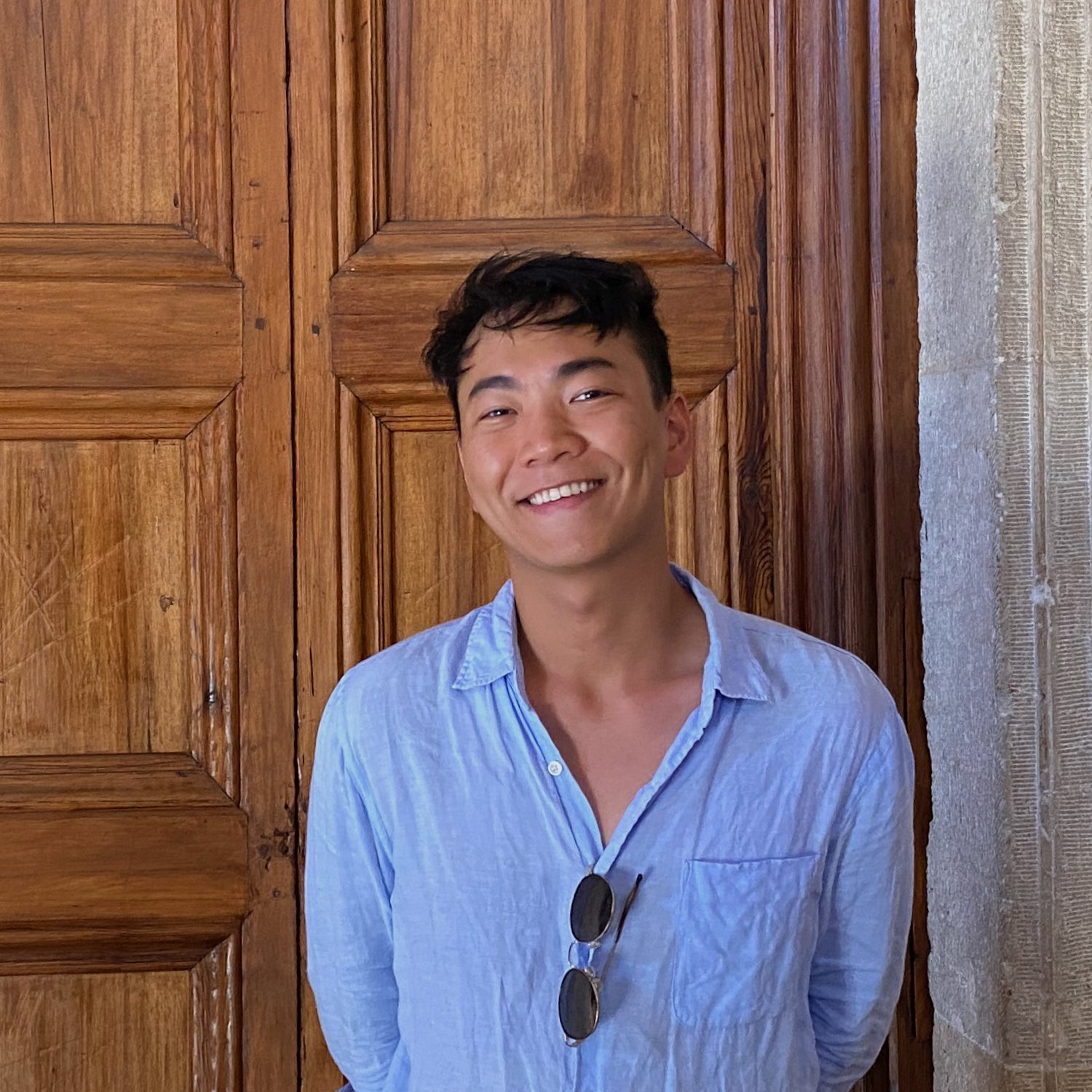
My primary research interests centre around how language constructs and conveys meaning. A major focus of my work explores how the brain combines smaller bits of language into complex linguistic and conceptual structures using behavioural and non-invasive neuroimaging methods (e.g., Law and Pylkkänen, 2021; Law et al., under review). More recently, I have begun to draw insights from neuropsychology and neural network modelling to better understand how neural systems learn and represent concepts. Others and I have also argued for comparative approach to the evaluation of large language models, inspired by animal cognition research.
I am investigating these questions as a PhD student with Olaf Hauk and Matt Lambon Ralph at the MRC Cognition and Brain Sciences Unit at the University of Cambridge. I am also an elected student-postdoc representative to the board of the Society for Neurobiology of Language. I am a postgraduate member of St Catharine's College, home to the Tunku research community. My doctoral research is supported by a Gates Cambridge Scholarship.
Navigating higher education and academia is daunting for many, and particularly so for underrepresented groups. Throughout my training, I am privileged to have had mentors who continue to support and encourage me in my work, education, and beyond. I am committed to promoting access to higher education and academia and to mentoring students from all backgrounds.